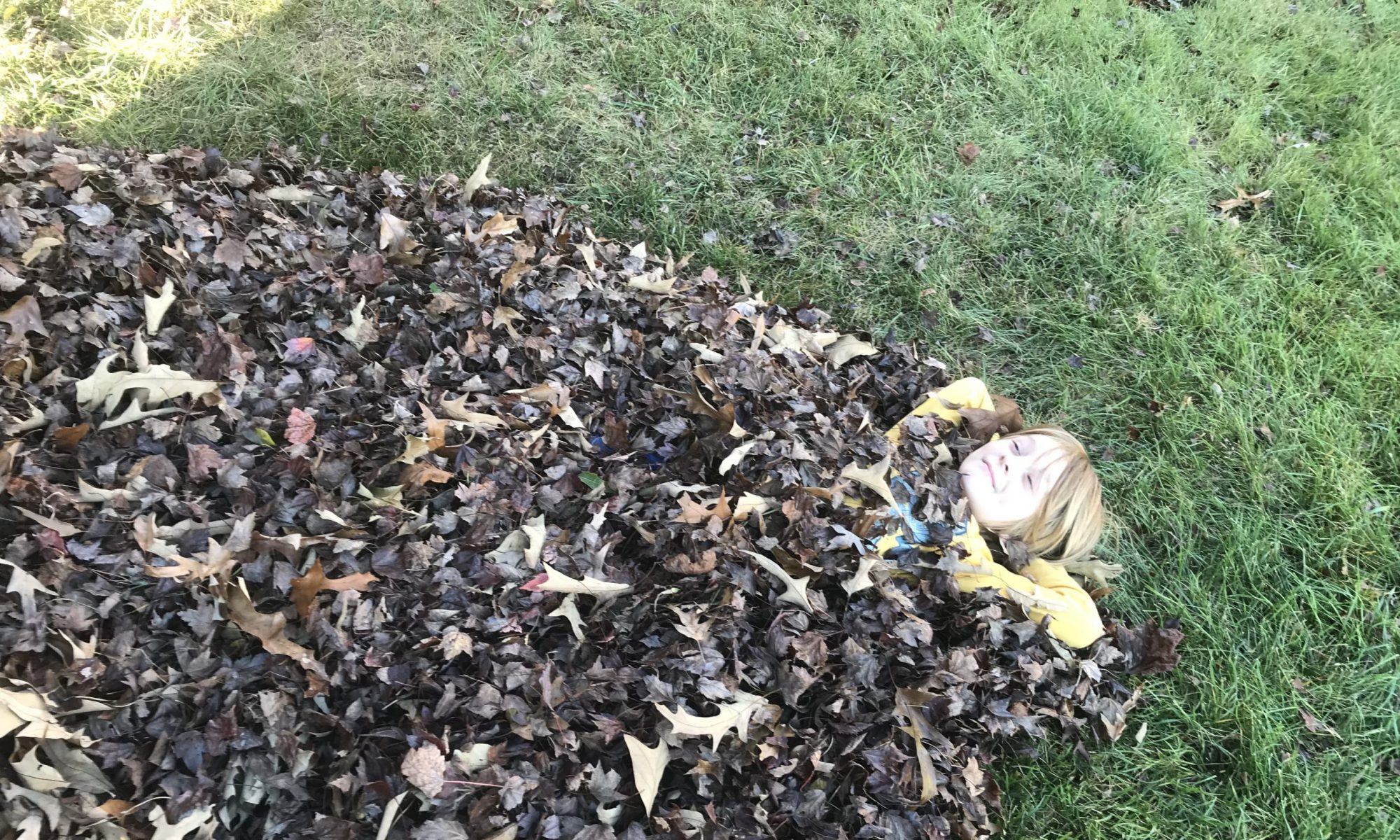One of the things I’ve added to my daily routine during quarantine is daily scripture study. It’s something that’s been on my “to-do” list like cleaning closets and deep cleaning my house and like those things, was easily set to the side when more enticing things filled my calendar. These days there just isn’t too much filling my calendar that is outside my house, so my cleaning is tending to turn more inward.
Last month I began using an app on my phone called “Pray As You Go,” which offers short reflections on one of the daily lectionary readings. The app has been on my phone for years and at times I’ve randomly listened to it but now that there is more silence in my life, I’ve become more particular about what I want filling it, if anything. Each day I engage, I am struck by how many times the scripture reflection actively speaks to something going on in either my life or the world around me.
On Tuesday, for example, the Gospel was Mark 12:13-17, where the Pharisees question Jesus about the coin with Caesar’s face and whether or not good Jews should pay taxes. Jesus replies the often quoted line, “Repay to Caesar what belongs to Caesar and to God what belongs to God.” A poignant message to hear on a morning when images of the President standing in front of a landmark church, using a Bible as a prop were plastered on the media. It wasn’t difficult to draw the connection and set the wheels in motions of my own personal reflection on what Jesus’ words meant to me.
I had a very similar reaction to today’s Gospel, Mark 12:28-34 which I believe contains the true meat and challenge of what it means to be a Christian. Jesus is asked by the scribes “Which is the first of all the commandments?” Jesus replies the first is to love the Lord your God will all your heart, soul, mind, and strength but then goes on to add that the second is to “Love your neighbor as yourself.” The words are simple and direct enough but I found myself considering the age old question of “Who is my neighbor?” The only real answer Jesus provides appears in Luke 10:29, he proceeds to answer with the Parable of the Good Samaritan, a call for his followers to help anyone in need, no matter who they are.
Sitting in my family room, with the pain and suffering of our country so vividly displayed on the news, on social media and in the press, it is easy to find love in my heart for the victims of systemic violence and those who stand with them in peaceful protest.
It is much more of a challenge to find love for those who spew hateful words and threats or attempt to spin opinion into an “alternative truth”. Yet, if I am to call myself a Christian, I am called to find love in my heart for those people as well.
There are no easy answers to the problems we face as a country today. Years of discrimination, brutality and distrust will not be overcome overnight. But I do have faith that they can be overcome and that we can bridge the gaping divides in our nation if we only try our best to be good neighbors to each other.
I think St. Francis provides some good insight into the kind of mind set it takes to be a good neighbor so I will close with his prayer.
The Prayer of St. Francis
Lord, make me an instrument of your peace,
Where there is hatred, let me sow love;
Where there is injury, pardon;
Where there is doubt, faith;
Where there is dispair, hope;
Where there is darkness, light;
Where there is sadness, joy;
O Divine Master,
Grant that I may not so much seek
To be consoled as to console;
To be understood as to understand;
To be loved as to love.
For it is in giving that we receive;
It is in pardoning that we are pardoned;
And it is in dying that we are born to eternal life.
